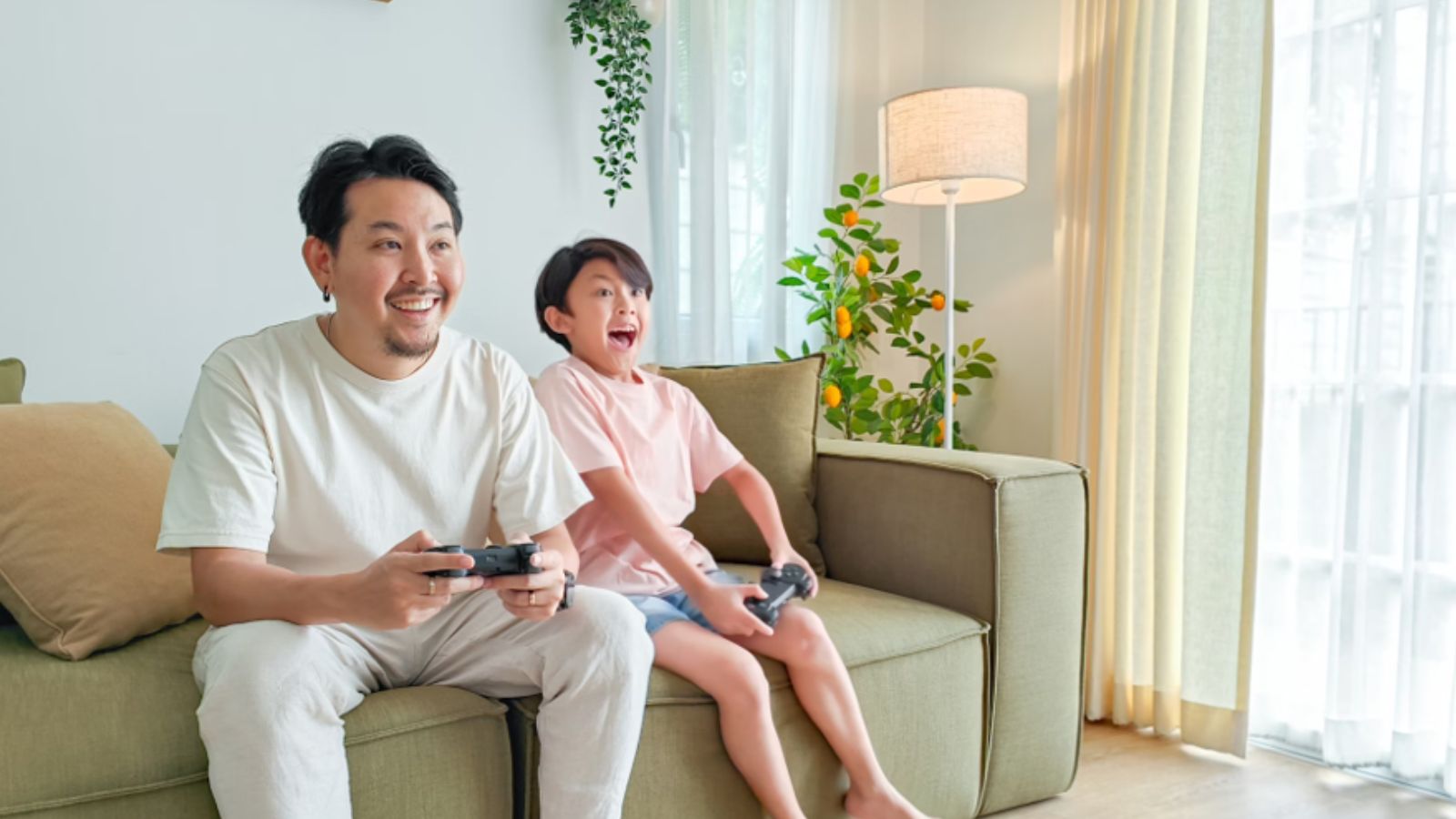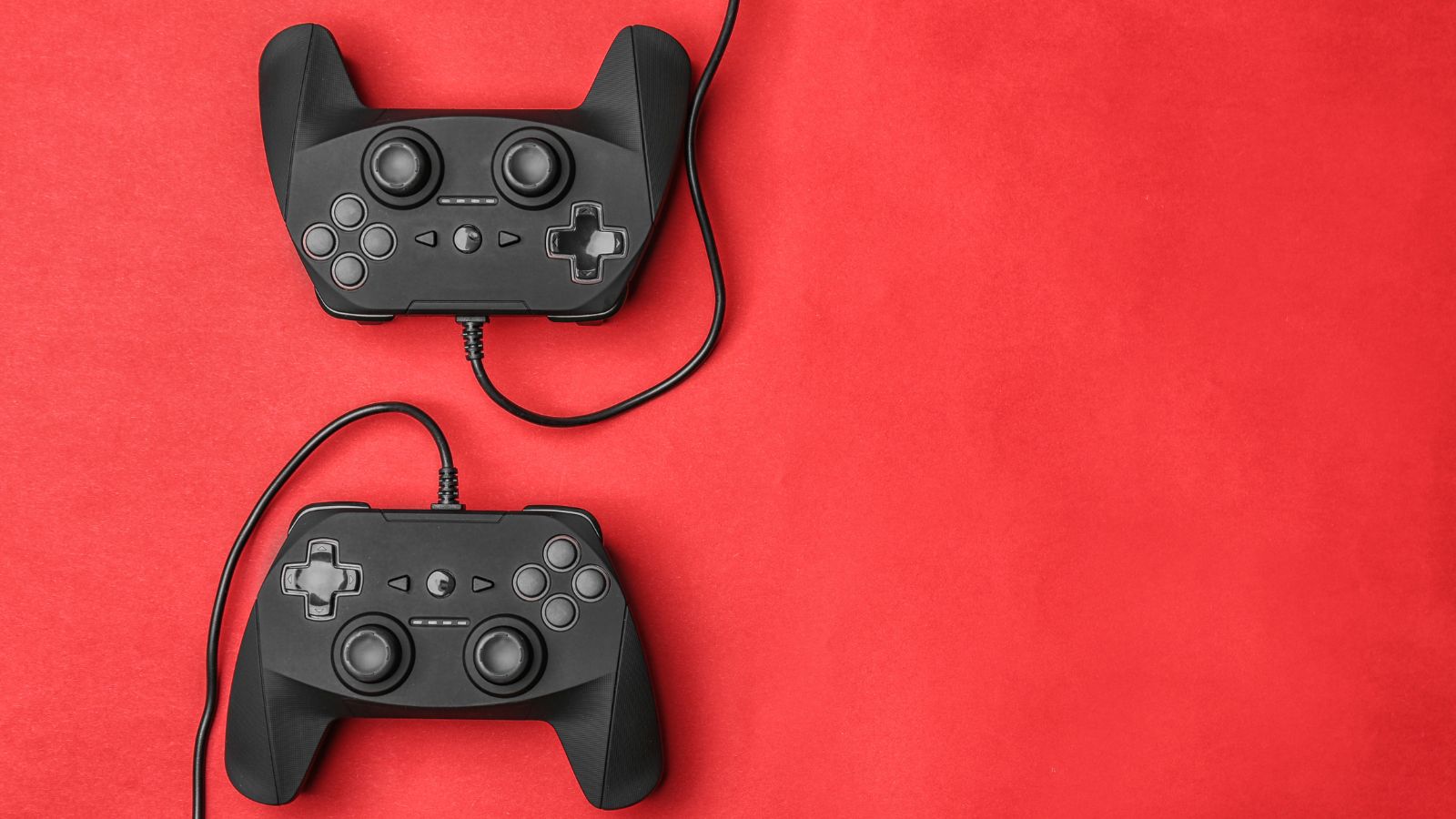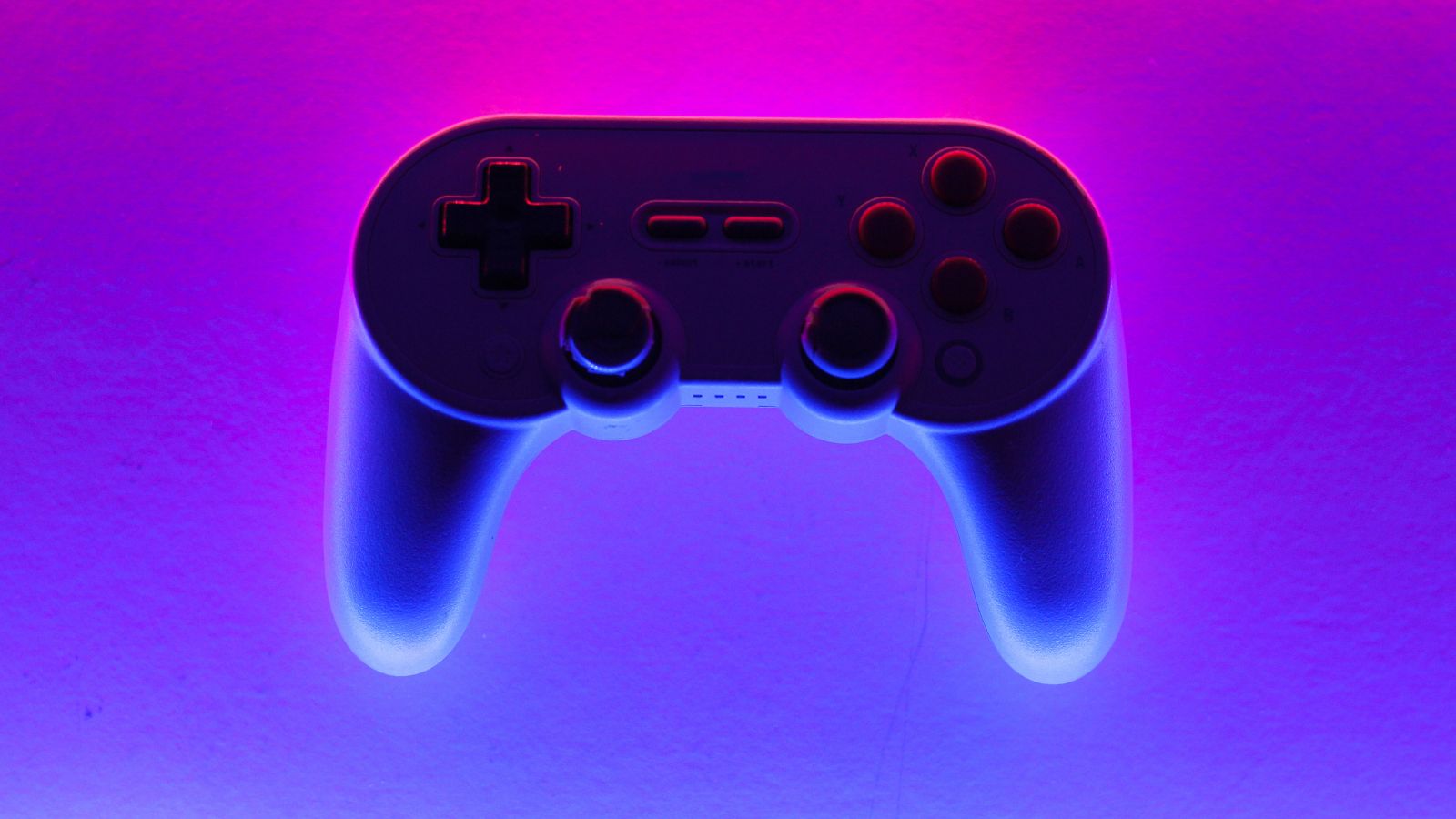
Gaming has become a huge part of our lives, with millions playing games daily. From simple arcade games to complex virtual realities, gaming has evolved significantly over the years.
Some people think gaming is just for fun, while others worry about its effects on the brain. Let’s explore how gaming affects our brains. We’ll look at the good and the bad based on research. Get ready to learn some fascinating facts about gaming and your brain!
Enhances Cognitive Skills
Some video games are like brain workouts. For instance, strategic games like chess, and dartboard demand high levels of critical thinking and planning. Puzzle games, on the other side, require players to solve complex puzzles under varying conditions, boosting spatial awareness and problem-solving abilities. Casino games, notably Roulette Action at FanDuel Casino, also offer a dynamic environment where quick decision-making and risk assessment are key.
These games train your brain to process information swiftly and more effectively. Research has highlighted that players indulging in such games tend to have increased gray matter in brain regions linked with strategic planning, movement control, and memory retention.
Improves Hand-Eye Coordination
Action games are not just about fast-paced excitement. They’re also great for improving hand-eye coordination. When you play these games, you learn to make quick decisions based on what you see, and your hands respond almost instantly to control the game.
This skill is helpful in real life, especially for jobs requiring precise movements. For example, surgeons who need to make accurate incisions can benefit from the motor skills developed through gaming. Similarly, artists who draw or paint with detailed precision can find their abilities enhanced. Playing action-packed video games also trains your eyes and hands to work together more seamlessly, making everyday tasks that require accuracy and quick reflexes easier to manage.
Can Lead to Increased Dopamine Levels
Dopamine is a neurotransmitter in the brain that’s closely linked with feelings of pleasure and reward. When we do something enjoyable, like video games, our brain releases dopamine, making us feel good. This reward system encourages us to repeat those actions.
Gaming is particularly effective at triggering these dopamine releases because every level passed, the enemy defeated or the achievement unlocked feels like a reward. While this can make gaming a fun and rewarding experience, it also has the potential to lead to addictive behaviors for some people.

Pursuing that dopamine rush can encourage prolonged gaming sessions as players seek the next reward. Therefore, balancing gaming with other activities is important to maintain healthy dopamine regulation.
May Contribute to Social Connection
Gaming isn’t just sitting alone in a room. Many games today are all about playing with others, whether they’re right next to you or on the other side of the world. Players chat, team up, and make new friends through these games. It’s like being part of a huge online playground.
For example, in games where teams must work together to win, players learn to talk things out, plan together, and help each other. Studies show that folks who play these games often feel more connected to others because they’re part of a team. This goes against the idea that gaming is lonely, showing that it can be a way to meet people and build friendships.
Potential for Emotional Regulation and Stress Relief
Games can be like a mini-vacation for your mind. Playing games allows you to step into another world and take a break from real-world worries when life gets tough. They help you relax, have fun, and even feel the thrill of adventure—all from the comfort of your home.
For some people, especially those dealing with anxiety or depression, games can be a calming escape that gives them a chance to regroup emotionally. Winning in games can also make you feel good about yourself, giving you a nice boost when you’re down.
However, it’s essential to balance game time with other activities. Spending all day in these virtual worlds might feel good, but it’s crucial to face and deal with real-life challenges. Like most good things, gaming is best in moderation.
The Risk of Desensitization to Violence
Some studies suggest that playing a lot of violent games might make people less sensitive to seeing violence in real life. It’s like if you eat super spicy food every day, mild salsa won’t seem hot at all. The idea is that if you’re used to seeing a lot of game violence, real-world violence might not shock you as much. But it’s important to know that not everyone agrees on this.

Some experts say that games don’t have that big of an impact and that what matters is teaching kids the difference between right and wrong. Because of these different views, more research is needed to understand how virtual violence affects us. Meanwhile, picking various games, including non-violent ones, is a good way to keep gaming fun and safe.
Conclusion
Gaming can be awesome for relaxation, making friends, and learning new skills. Just like anything else, the key is to enjoy it responsibly. Remember to mix in different kinds of games and take breaks to do other fun stuff, too. We’re all different, so if you’ve noticed how gaming affects your mood or behavior, share your experiences with fellow gamers. Doing that helps others understand the good and the tricky parts of gaming better.






